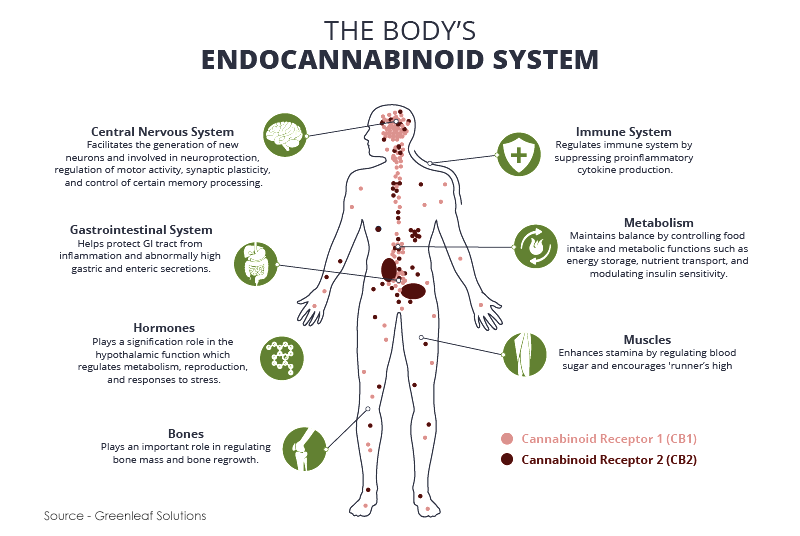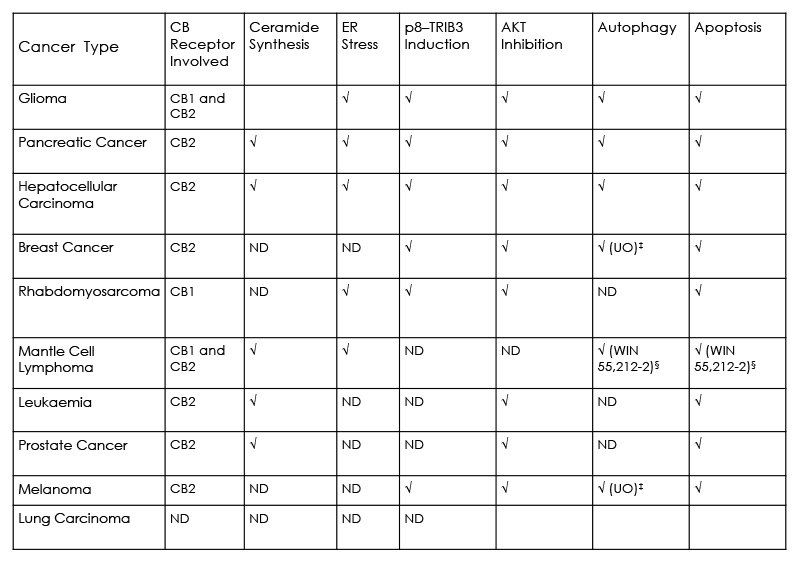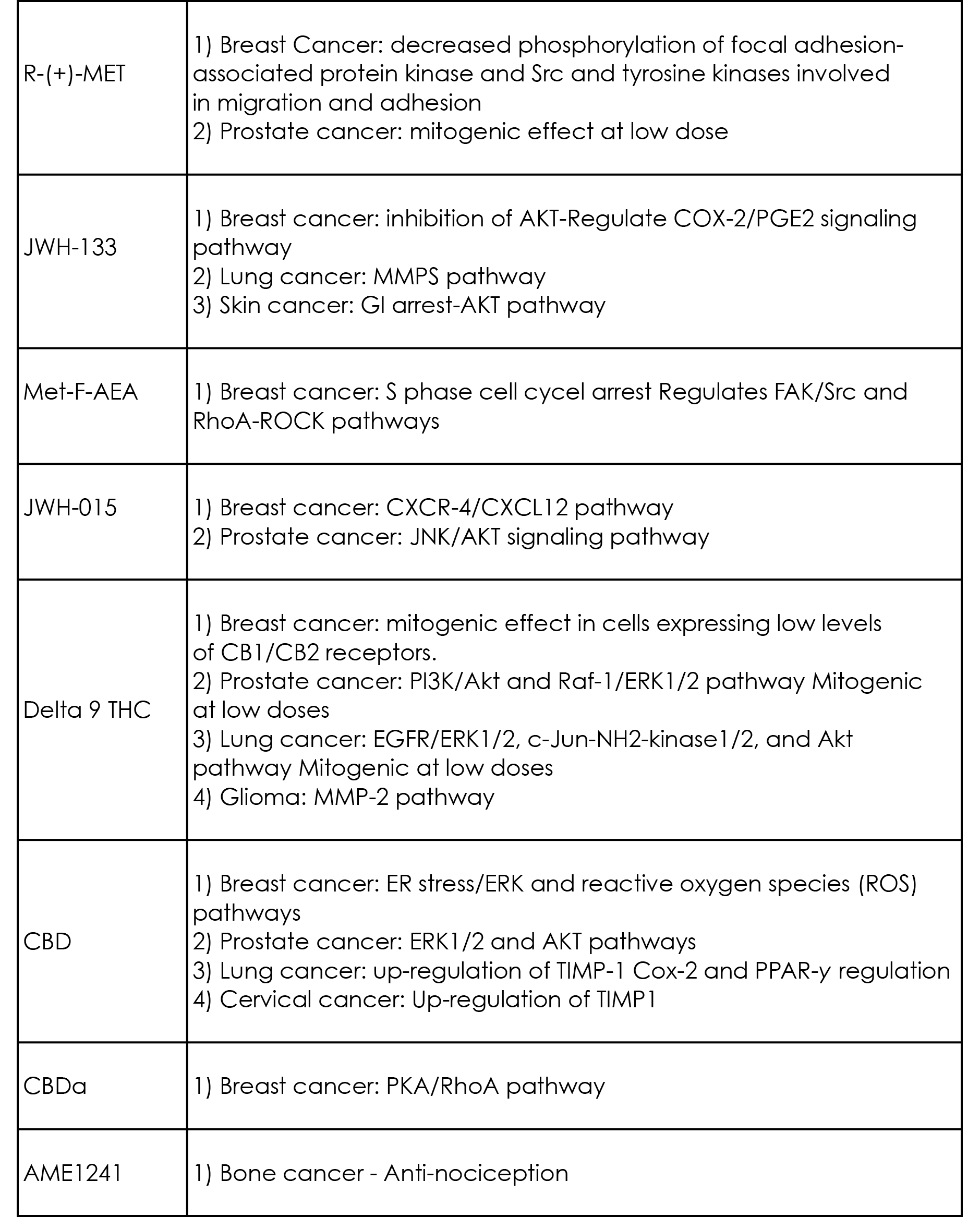When our co-founders Dr. Jewett and Tracy Ryan first met, it was Tracy's desperation to find a cure for her young daughter's Optic Pathway Glioma brain tumor that caused them to cross paths. Tracy's daughter Sophie was diagnosed at 8 1/2 months old, and after 5 long years of treatment, she decided to take matters into her own hands.
When Tracy's daughter required brain surgery to debulk her tumor, she saw this as an opportunity to get Sophie's live tissue into mice for a personalized clinical trial.
Dr. Jewett immediately offered to help after hearing Sophie's story. But it was when she learned that she had been taking medical cannabis since she was 9 months old, and her responses were continually deamed as medical miracles that she became very intrigued.
Using her and her husband's line of CannaKids medical cannabis oil tinctures, she had also worked with thousands of patients that had also seen unprecedented results. This included full eradication of terminal cancer in patients who were given zero chance to live.
When Dr. Jewett tested Sophie's immune function, she discovered a response that was unexplainable based on modern science. She asked Tracy to bring her more patients to test, and 16 cancer patients ranging from children to seniors were enrolled.
The results have been groundbreaking, and the team continues to be optimistic that non-toxic thearpeutics are a possibility.




